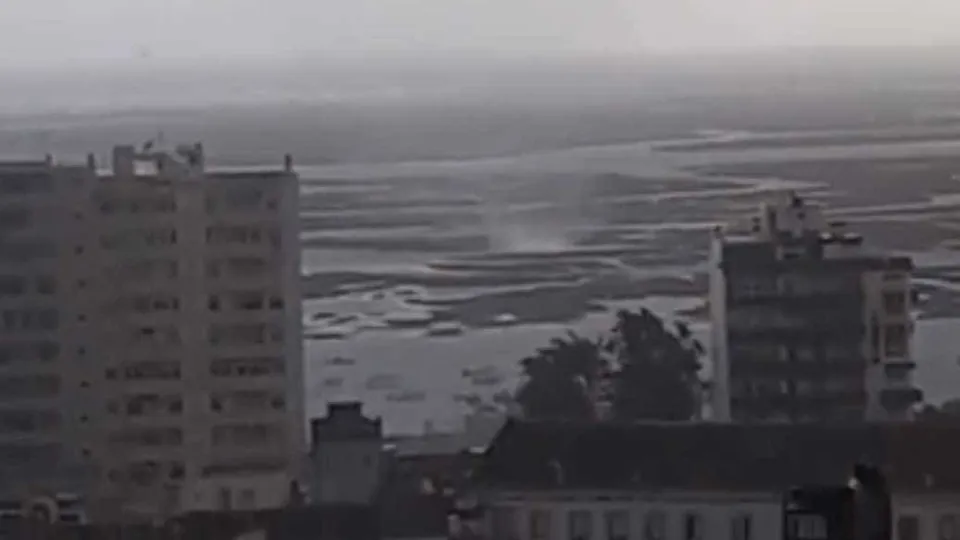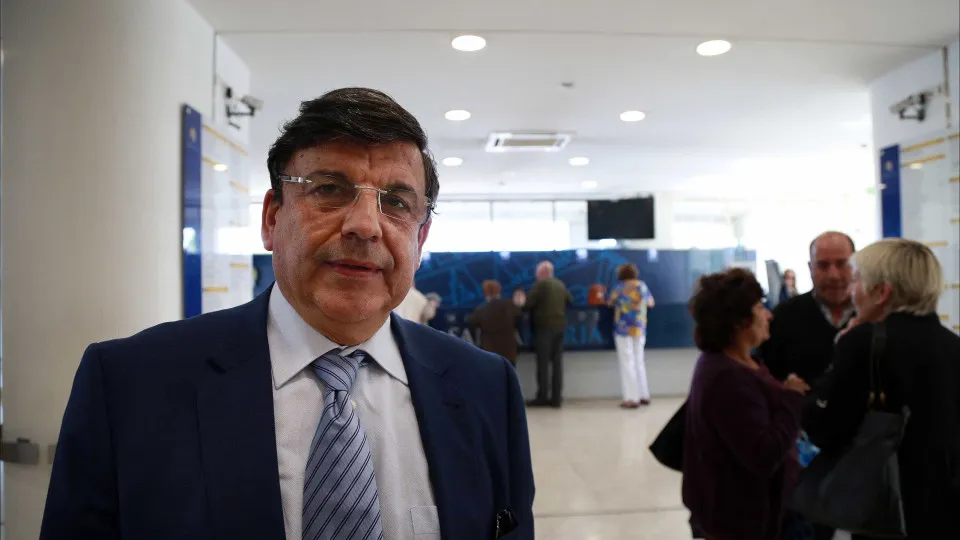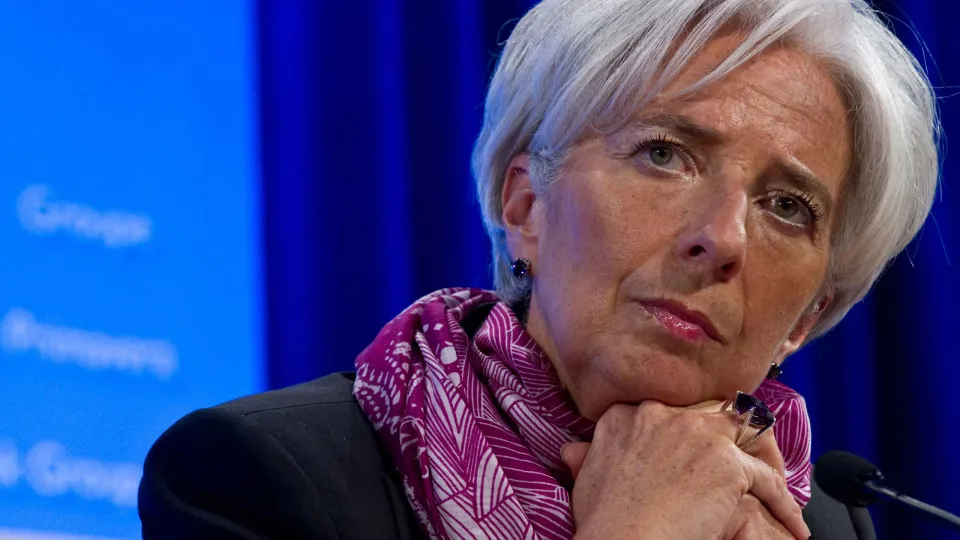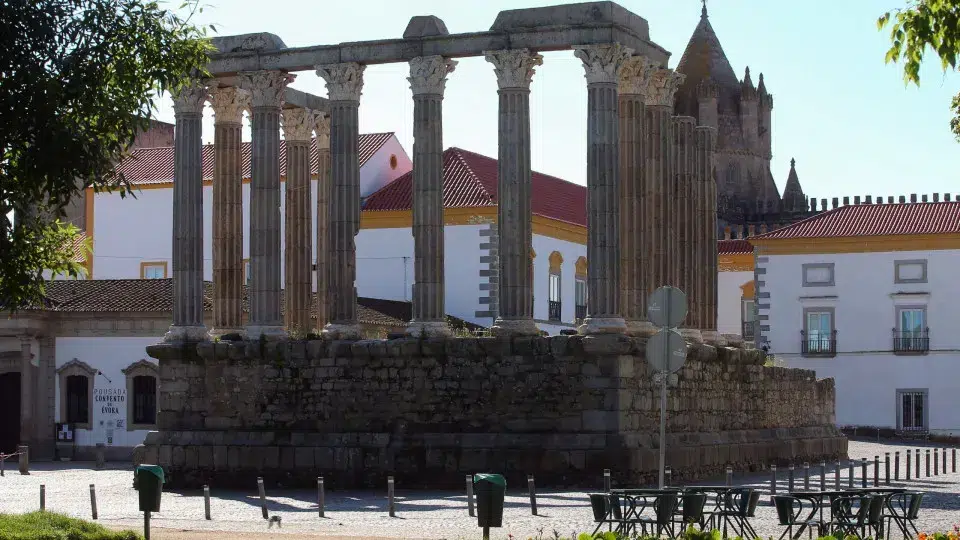
“There is a project ready, already at the stage of being able to launch a tender, to divert the waters, redoing all the rainwater drainage systems of that area of the city,” said António Miguel Pina, referring to the São Luís area.
The mayor, who took office two days ago, added that it is “a robust project worth between four and five million euros,” and it is now necessary to reassess “and seek community funding.”
“The Minister of the Environment also had the courtesy to call me, showing her willingness to find other solutions,” such as using the Environmental Fund, António Miguel Pina stated.
The project, under the responsibility of Fagar, the company managing water and waste, and which was passed on to the new administration by the previous one during the handover, will be reassessed with the collaboration of the Order of Engineers.
“We must be absolutely certain that, when we literally bury four or five million euros, it will solve the problem of these floods and the people and merchants in that area,” the mayor remarked.
The intense rainfall that occurred today around 6:00 affected several arteries of the city’s downtown, but had a particular impact on Largo and Rua de São Luís, causing damages to merchants and residents, a situation that repeats every year.
The bad weather also affected the city of Vila Real de Santo António, but less intensely, with the mayor stating that no “significant damages” were recorded due to the floods.
According to Álvaro Araújo, a preliminary assessment conducted by municipal services “did not identify significant damages,” with only some furniture and appliances being affected by the water.
“We have not recorded any significant personal or material damage so far,” he emphasized.
Civil Protection recorded around 50 incidents related to bad weather in the Algarve until 11:00, mainly floods in public roads, homes, shops, and garages.
The rain fell more intensely between 06:00 and 07:00, coinciding with high tide.
During that hour, a precipitation value of 30.8 millimeters was recorded by the weather station of the Portuguese Institute for Sea and Atmosphere (IPMA) at Faro Airport.




